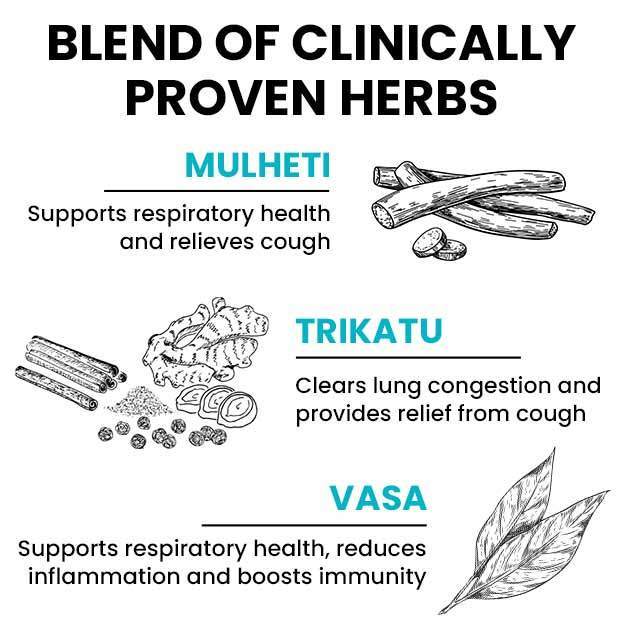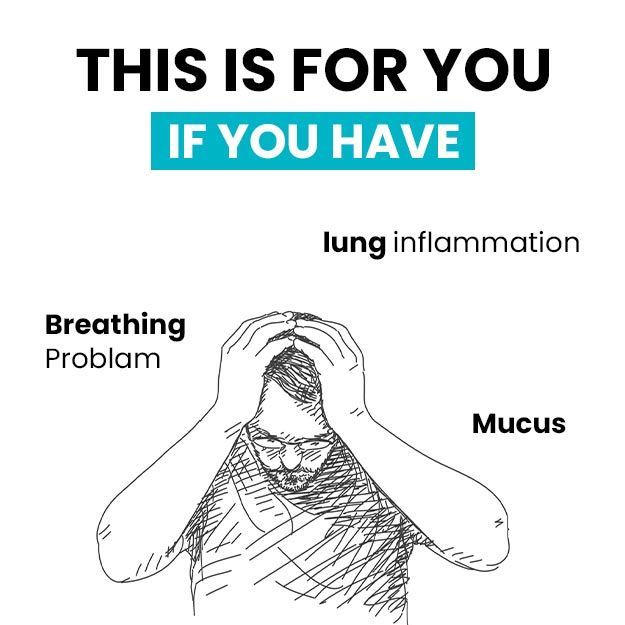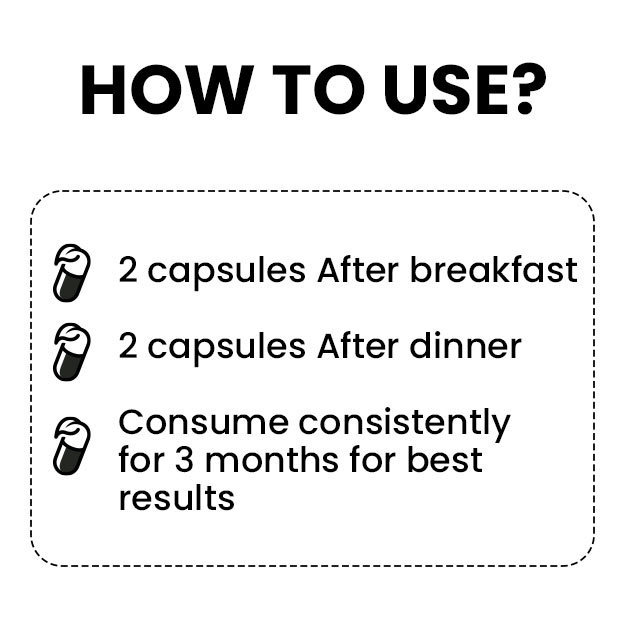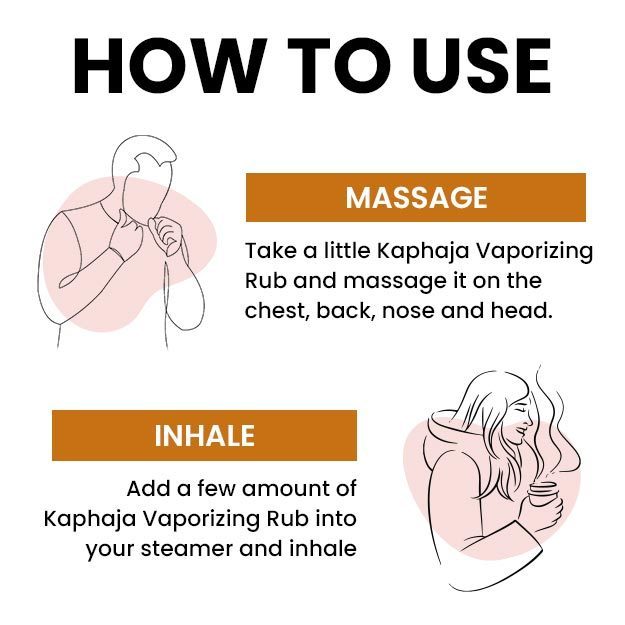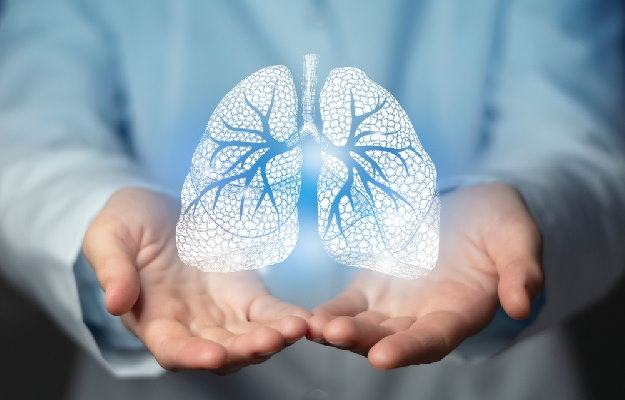The role of respiratory therapists is increasing. Apart from working in hospitals and clinics, they now also work in community settings. These may include asthma and chronic obstructive pulmonary disease (COPD) clinics and community health centers, which support people with chronic lung conditions. Older people and those who need long-term care often need the support of respiratory therapy.
Respiratory therapy takes place in neonatal units and pediatric wards. One aspect of this care is monitoring newborns, especially premature babies, for respiratory problems. Additionally, for people born with pulmonary conditions, respiratory therapists help treat or respond to any emergency respiratory needs. People with respiratory problems such as cystic fibrosis and asthma may benefit from respiratory therapy. Additionally, the respiratory therapist can educate children and their parents or caregivers about how to best manage the condition.
Pulmonary Rehabilitation
Pulmonary rehabilitation can help people deal with the symptoms of chronic lung diseases, such as emphysema, asthma, pulmonary fibrosis and chronic bronchitis. Pulmonary rehabilitation therapists use treatment, education, and exercise programs to make breathing easier for people with chronic lung diseases and improve their quality of life.
Polysomnography
Respiratory therapy is a growing field that is expanding into the treatment and management of sleep disorders. Although sleep disorders and respiratory problems may appear unrelated, problems like sleep apnea can cause breathing difficulties. Individuals experiencing sleep disorders may undergo polysomnography to study their sleep and diagnose sleep disorders. A respiratory therapist may be present for the test and, depending on the results, can provide care to the person.
Respiratory therapists work with individuals who require the assistance of a ventilator when they are unable to breathe independently. Many factors may cause someone to need a ventilator, including trauma or a specific illness.
However, managing a person on a ventilator is complex. Although these machines can be lifesaving, keeping someone on a ventilator too late or longer than necessary can lead to serious complications. Therefore, respiratory therapists monitor their patients carefully to ensure that they are providing optimal care.
Read more - (Severe Acute Respiratory Syndrome)







